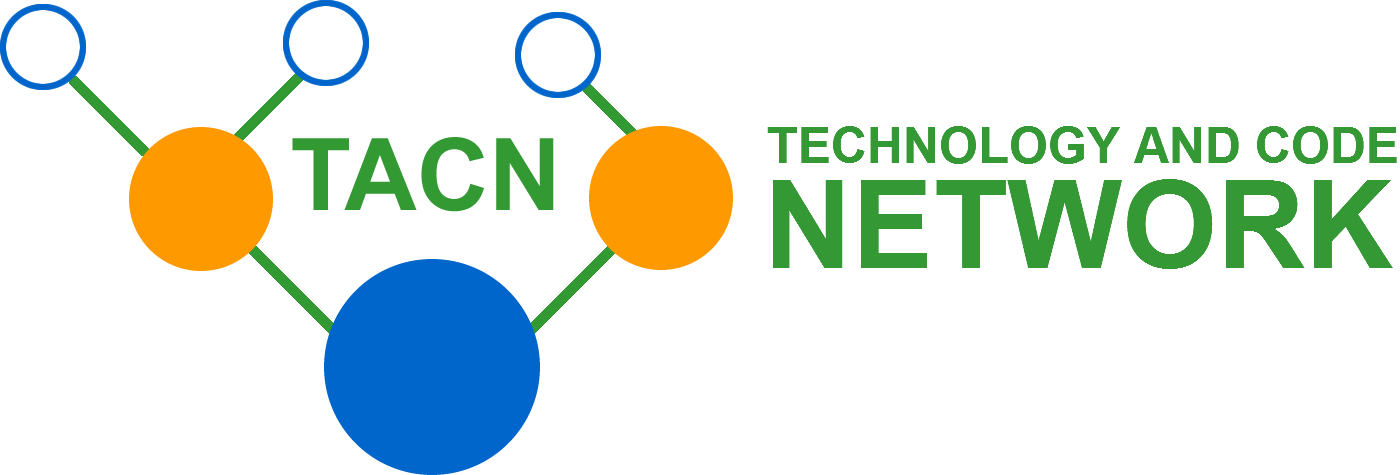Understanding the Threat Landscape
Search engines are not immune to security threats. Attackers often target search engines for various reasons, including data harvesting, blackhat SEO tactics, and even spreading malware. To mitigate these threats effectively, it's crucial to understand the following key aspects of search engine security:
- Blacklisting: Search engines maintain lists of websites that engage in malicious activities, such as distributing malware or phishing. Being blacklisted by a search engine can be detrimental to a website's reputation and traffic. Regularly monitoring blacklists and addressing any issues promptly is essential.
- Spam: Spammy content can negatively impact search engine rankings and user experience. It includes keyword stuffing, irrelevant backlinks, and low-quality content. Employing content filters and monitoring for spam can help maintain search engine integrity.
- Cloaking: Cloaking is a deceptive practice where a website displays different content to search engine crawlers than it does to regular users. Search engines consider this a violation of their guidelines. Detecting and preventing cloaking is vital for maintaining search engine rankings.
- Security Headers: Implementing security headers like Content Security Policy (CSP) and HTTP Strict Transport Security (HSTS) can protect your website from various security threats, including cross-site scripting (XSS) and man-in-the-middle attacks. These headers help ensure that only trusted sources can interact with your website.
Read the entire article on the Protectumus blog: https://protectumus.com/blog/details/safeguarding-...

